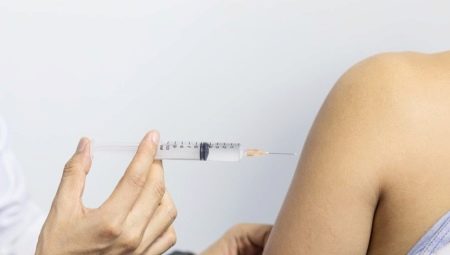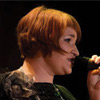Perhaps there is no person in the world who is completely indifferent to the injections that he has to do. Mild excitement, expectation of pain for at least a few seconds is a normal reaction to an effect that cannot be considered painless. But there are people (and there are many of them) who have the prospect of an injection, even if life depends on it, causes panic uncontrollable horror. This phenomenon is called trypanophobia.
Description
Trypanophobia is a mental disorder that is considered one of the most common in the world. This is a pathological fear of injections, needles, syringes and injections. According to medical statistics, about 15% of the world's inhabitants suffer from such fear. It is noteworthy that in countries where disposable syringes with thin needles that did not cause intense pain during injections appeared earlier, the number of people suffering from this disorder is lower, for example, in the USA, trypanophobia is diagnosed in 10% of residents.
In Russia and the former Soviet Union, where thick metal needles of reusable syringes have been used for a long time, the fear of injections is higher - up to 20% of the inhabitants of our country suffer from trypanophobia. This suggests that this phobia is closely related to the quality of medical care. But this is not the only prerequisite for the development of the disorder.
Usually trypanophobia develops in childhood, for this she is often called fear from childhood. Do not confuse trypanophobia with iatrophobia - fear of doctors, fear of visiting hospitals, undergoing examinations, taking tests, and being treated.
Often these two phobias go side by side, many jatrophobes are afraid not only of people in white coats, but also of injections.But many trypanophobes are not afraid of doctors and nurses, they can safely go to the clinic, go to the therapist if they get sick, take tests if they are not related to punctures and injections.
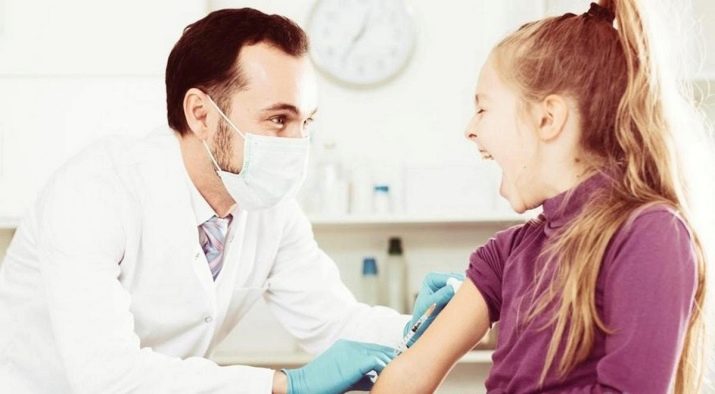
But the appointment of injections can immerse a person in a state of acute anxiety, and attempts to drag him into the treatment room may result in a panic attack.
Trypanophobe himself usually honestly admits that he is afraid of injections. Many of people with such a disorder do not see anything unusual in this, in their understanding, anyone should be afraid of injections. But in a dangerous situation, people with trypanophobia lose the ability to control their behavior - they can faint at the sight of a syringe, start to break out and run away, some are constrained by the fear that they cannot cross the threshold of the treatment room. In any situation where injections can be replaced with pills or anything else, trypanophobes will definitely take advantage of this.
It is difficult to say whether this phobia is dangerous. As long as a person is healthy and there is no need for injections, his life is no different from the life of everyone else. This fear in no way bothers him. But it is worth getting sick, there is an urgent need for an injection, and a person falls into an anxious state.
Waiting for an injection for him is more painful than the injection itself. Some phobes refuse injections in principle, despite the arguments and persuasion of doctors. And it is precisely this failure that can cause serious health problems and a threat to life.
There are drugs that can be taken only by injection or drip. There are situations in which procrastination can cost the patient life, and then an injection is the best way to quickly deliver the desired drug to the patient.
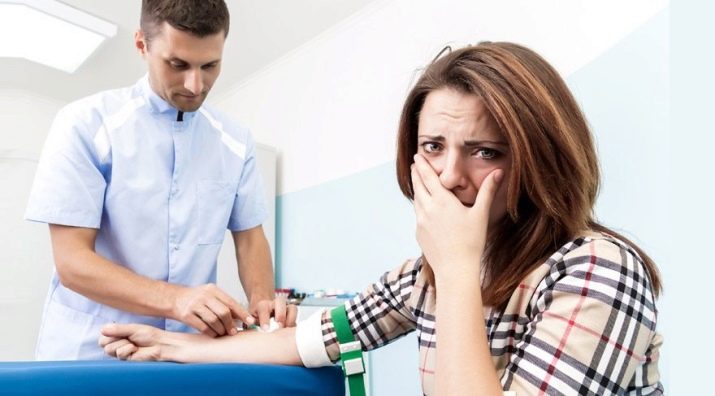
Signs
It is not so difficult to know the true trypanophobe. Many people say they are afraid to give injections, but these are just words. A true sufferer of trypanophobia does not like to talk about this topic, because even the thought of such a procedure as an injection, whether it is intravenous or intramuscular, causes him suffering. There are patients who are panicky afraid of injections into a vein, there are those who are afraid of a buttock puncture, many successfully combine the fear of all types of injections, including before taking blood from a finger for a general scarifier analysis.
People with such a disorder try to plan their lives in such a way that they can avoid injections. If it is possible not to be vaccinated, they will not go. If there is even the slightest chance of avoiding the medical examination, where blood is taken for analysis, they will definitely take advantage of this.
The trypanophobic doctor will definitely find out meticulously whether the injections are necessary, whether there is a chance to replace them with pills or medicine, if not, he will check the information several times with other doctors and on the Internet. Anxiety will increase, and in the end, trypanophobia will certainly try to find an excuse and not go for injections. If this is not possible or the need for an injection arose suddenly, he cannot hide his horror.
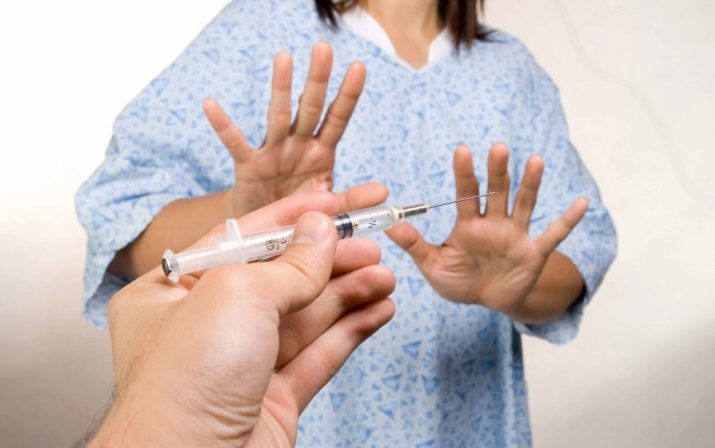
The lion's dose of adrenaline is instantly thrown into the blood. Under his action quickly pupils dilate, hands begin to shake, lower lip. The skin becomes pale due to the outflow of blood (the body, with a danger signal, does everything to increase blood supply to the muscles, because it is possible that you will need to run or fight).
The heart begins to beat frequently, breathing becomes superficial, intermittent and shallow. The body temperature slightly decreases, and the patient becomes covered with sticky cold sweat. Vomiting may begin, clouding and loss of consciousness may occur, a message may arise to break out and run away - in many ways the symptomatic picture is individual and depends not only on the severity of the phobia, but also on the nature and personality of the person.
After a panic attack, trypanophobia patients feel emotionally exhausted, tired, they are ashamed.They are critical of themselves, are well aware of the absurdity of the situation, but they can do nothing to prevent a panic attack from happening again. The brain itself launches these processes, for the most part they are uncontrollable to humans.
What is trypanophobia so afraid of? Not everyone is afraid of the exact moment of puncture with a sharp needle of the skin. Some experience a chilling horror at the thought that a medicine is injected through a needle, they literally feel how it spreads under the skin, through the muscles. They painfully perceive the injection procedure itself. Some are afraid that after the injection there will be bleeding, bruising, bumps, prolonged pain.
Many are afraid of infection with dangerous infections and small air bubbles that can get into the needle when taking the medicine. Sometimes it is not only the whole process with all its stages that scares, but also the very appearance of the needles, syringes, even if they are not intended directly for this patient - in the movies, in pictures and photographs.
Phobia is equally characteristic of both men and women. No significant gender difference was noticed. But trypanophobic men have one unpleasant feature - they are more likely to manifest panic attacks than women.
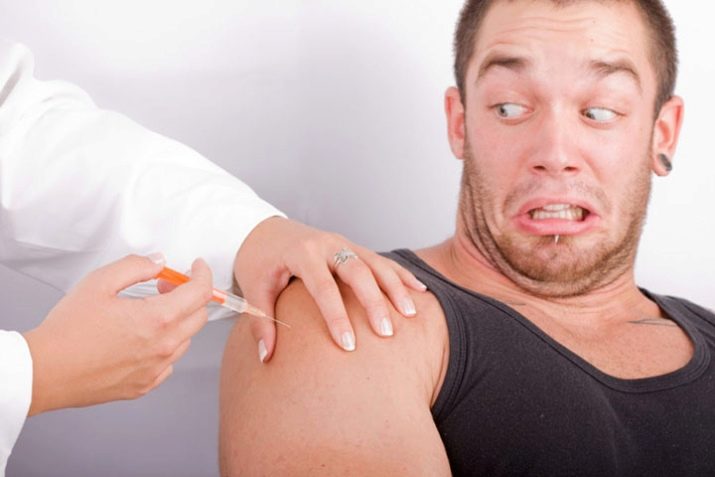
The fair sex behave, despite the horror, much more decent.
Causes of occurrence
Fear of injections is formed in childhood, it is greatly facilitated by the behavior of parents, and especially temperament, and the nature of the child. All babies are given injections, for example, vaccinations. But some persistently experience this, cry, take offense and soon forget about the injection, while others have a strong fear of a repetition of the situation. Children with increased excitability of the nervous system, a weak pain threshold, and impressionable children with a rich imagination and increased anxiety are more likely to develop phobia.
Such children can cause fear not only their own sensations from injections, but also stories, films, read books, photographs. The terrible story of the “black hand”, which made its way into children's rooms and pricked children with a needle with poison, can cause great emotions. The story will be forgotten over time - the memory is designed so that it erases unnecessary information that a person does not use. But at the subconscious level there will remain a clear connection between needles, syringes and something terrible, deadly, with a threat.
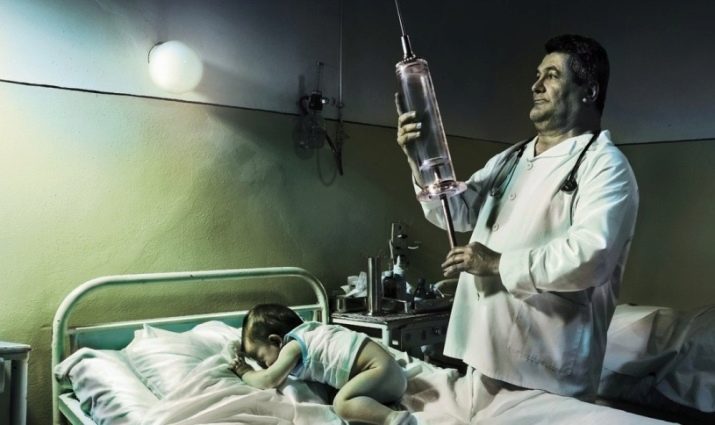
Parents' behavior may be adequate (we need to give an injection - we will do it), but it can be restless and emotional. Mom, who is more nervous before vaccinating a child, increases her anxiety level in a child.
There are parents who tell their children that if they don’t eat or stop walking through the puddles, they will get sick and then they will have to go to the hospital to give injections. About injections in such cases, pay attention, adults always say. If the child is suspicious and impressionable, just such statements are enough to keep the panic fear of manipulating syringes for the rest of his life.
The reasons may lie in negative personal experience - an unsuccessful injection, complications, rudeness of the medical staff, thick needles. In this case, the image of the syringe is directly related to pain. There is no other association. And fearing pain is, by and large, a normal defense mechanism. Only in trypanophobes does it acquire abnormal, hypertrophic scales.
It should be noted that parents with such a problem most often raise children who suffer from trypanophobia. This is not a matter of genetics, not of heredity, but in a good example - the child takes at face value the model of the world and its interactions offered by parents. The fear of a mother or father of simple medical manipulation can simply be taken for granted, then a persistent deep phobia is also formed.
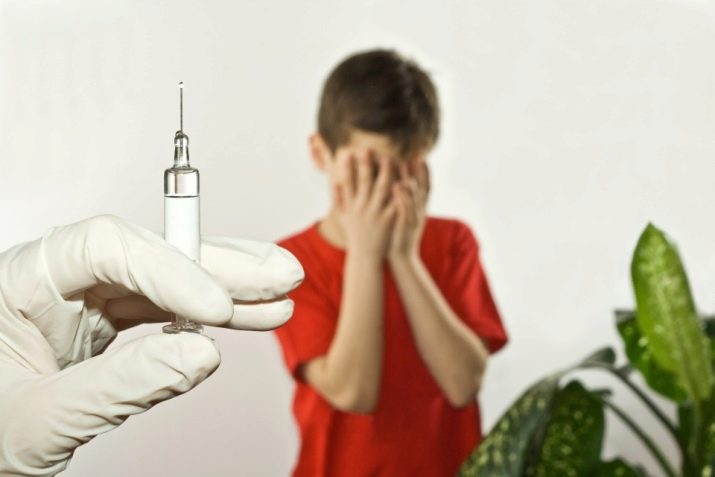
In the future, the prospect of getting an injection in the buttock or vein will be perceived by the child as a very dangerous situation.
Methods of struggle
The calls to fight the fear of injections, to pull ourselves together by willpower and to defeat the phobia, which is full of the Internet, can hardly help true trypanophobes in practice. The thing is that at the moment of danger they cannot control the manifestations of fear, therefore, there can be no talk of any efforts of will. Mental disorder needs rendering qualified psychiatric and psychotherapeutic care.
The most effective method is considered cognitive behavioral therapy. This technique helps to identify the real causes of fear. An experienced doctor will not call to overcome the horror, he will simply try to change the patient’s key beliefs that trigger a chain reaction of a panic attack. Classes can be individual and group, in addition can be applied. suggestion, hypnosis, NLP, patient training in auto-training, methods of deep muscle relaxation.
As soon as the first stage is left behind, the patient is gradually immersed in situations in which he will be surrounded by images and objects that previously frightened him. And it’s good if at first a person can talk about injections without worry, then he can pick up a syringe, and then he will allow himself to inject vitamins intramuscularly.
In addition to psychotherapy, it can be used. drug treatment - antidepressants are prescribed to relieve symptoms of anxiety and depression. If you notice signs of fear of injections in your child, you do not need to ignore them and wait until the child "outgrows fears". Seek help from a psychologist. The younger the phobia, the easier it is to get rid of it.

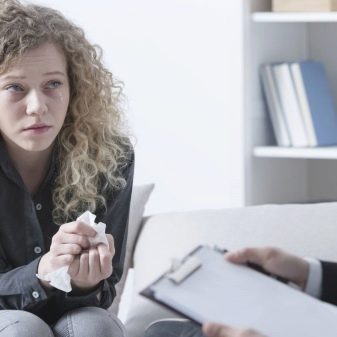
Effective methods of art therapy and fairy-tale therapy, as well as game therapy, for example, playing a doctor, help children.
